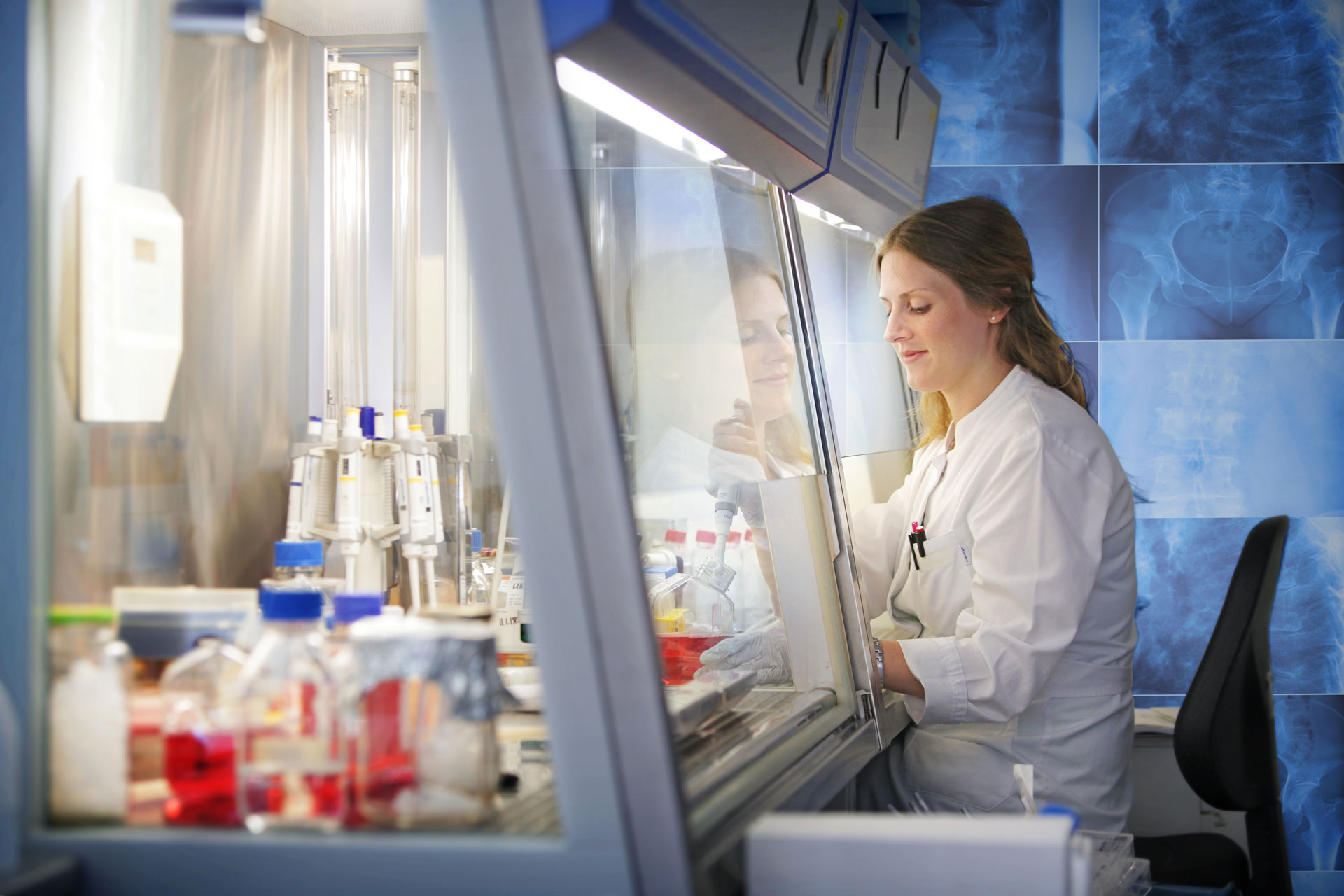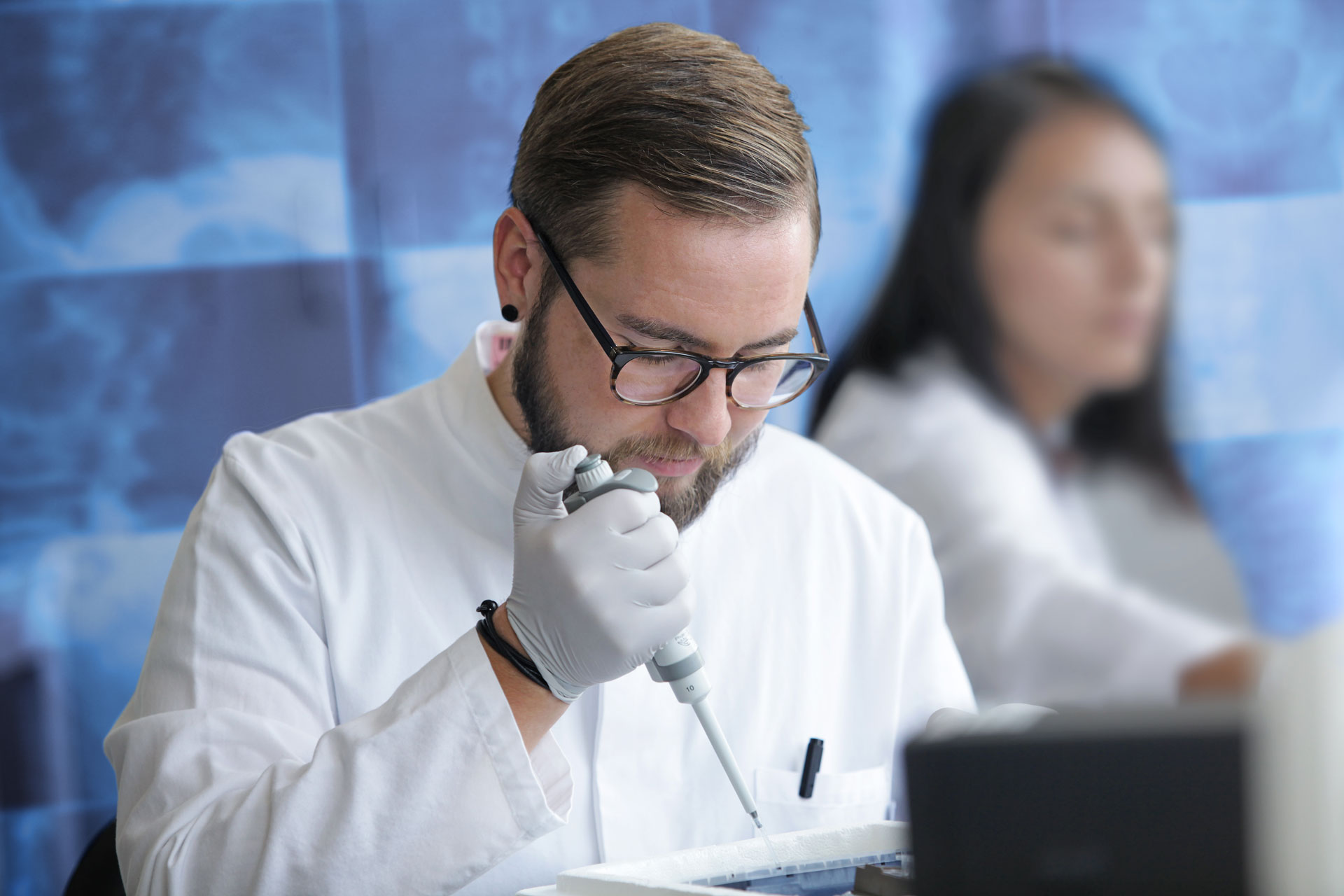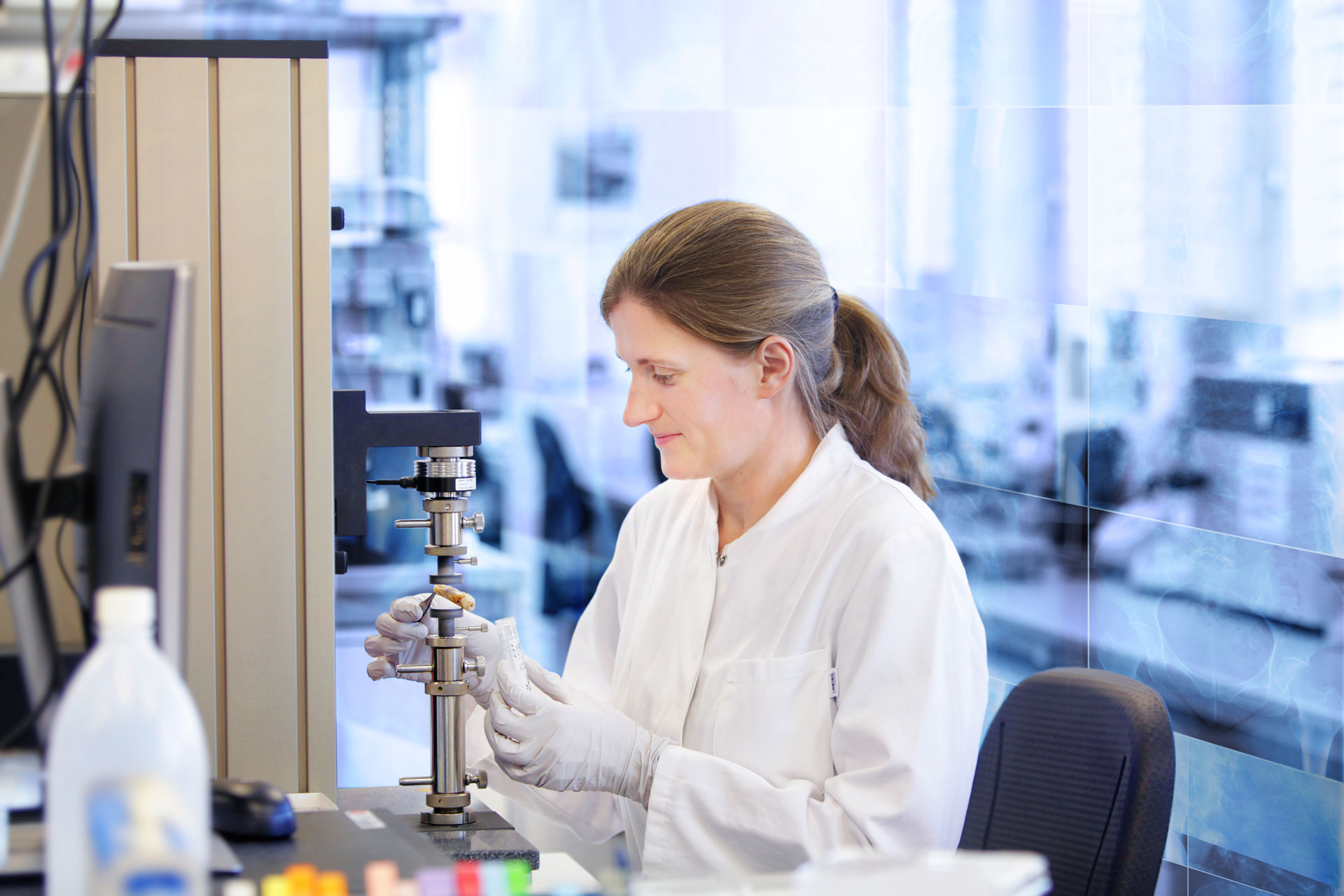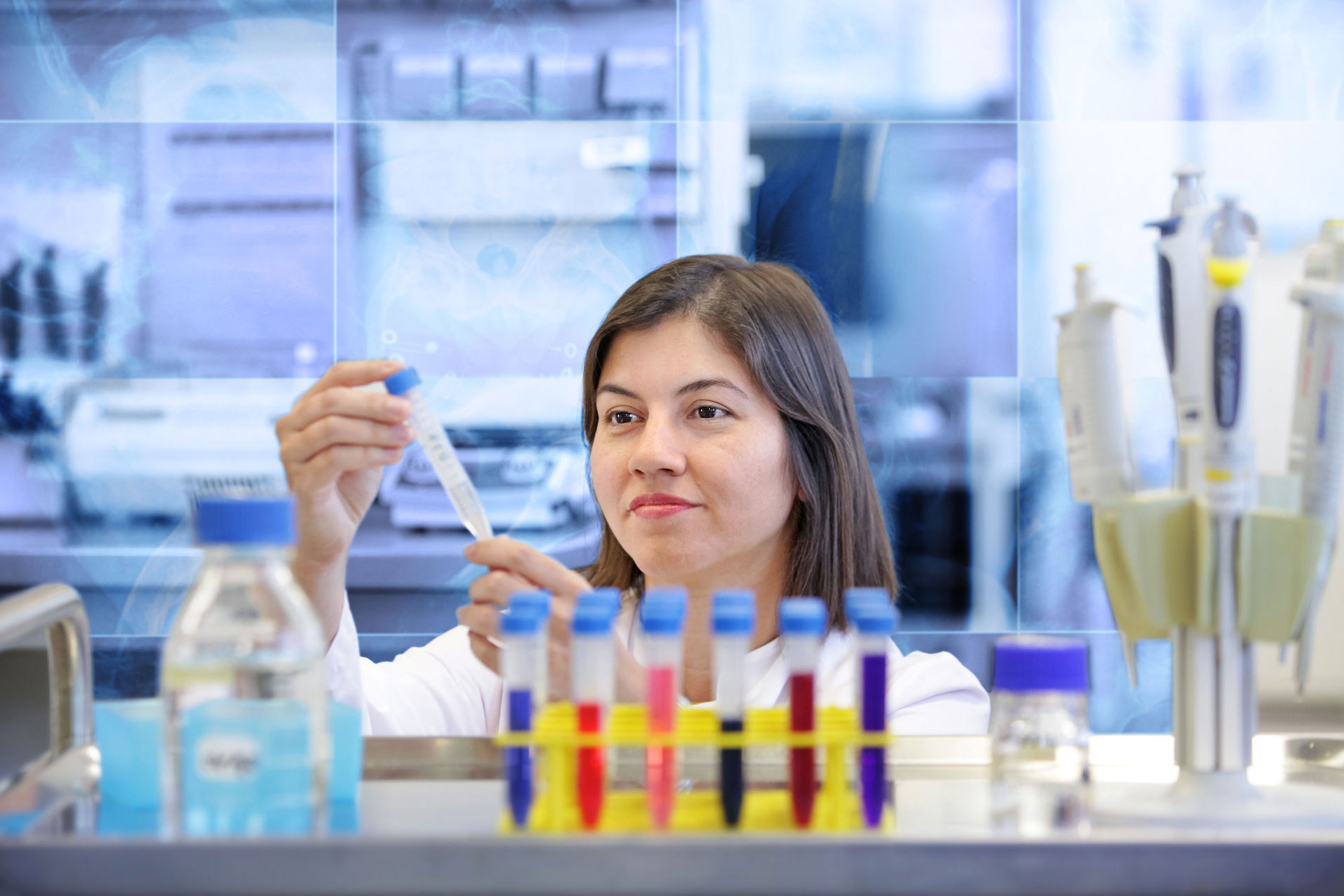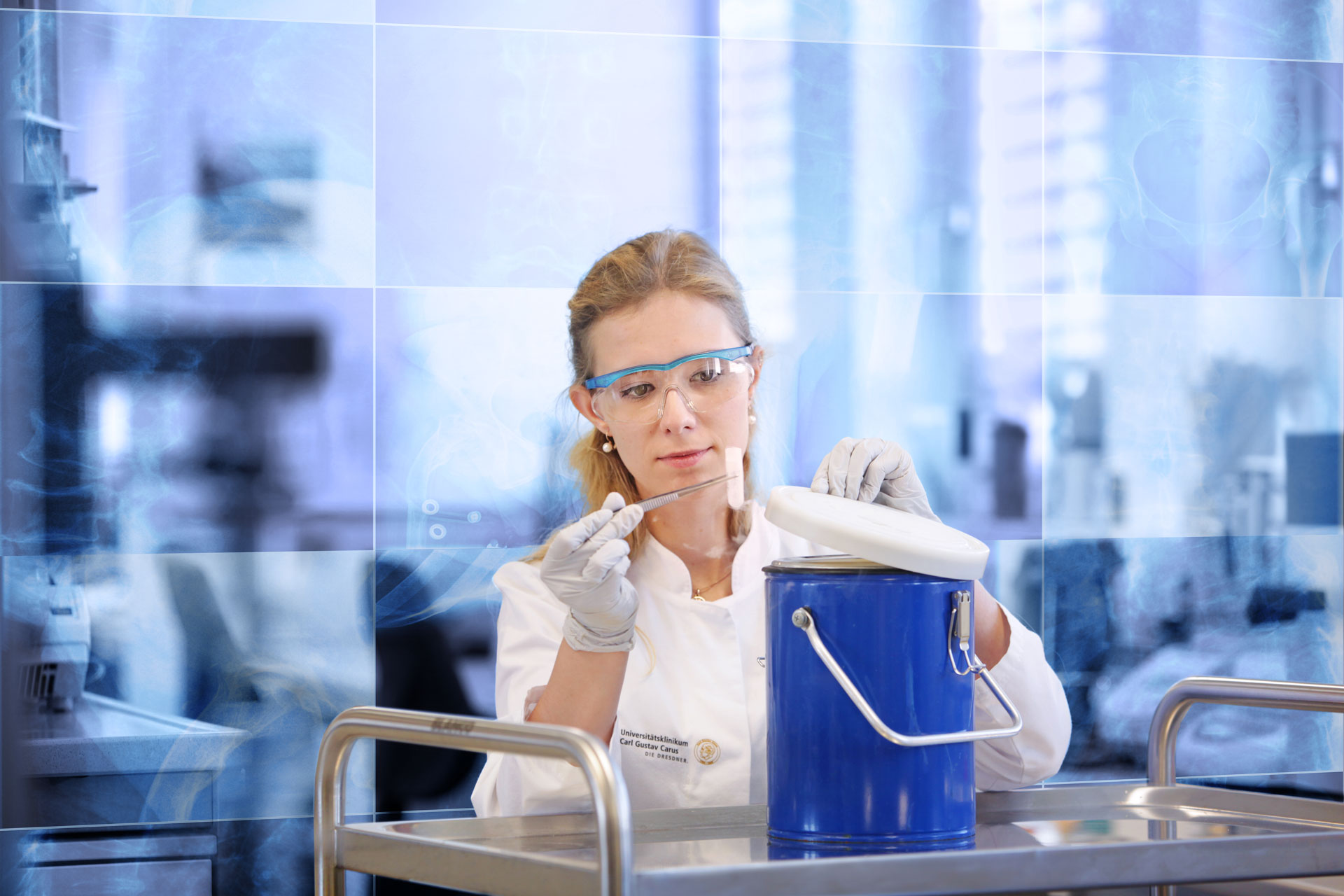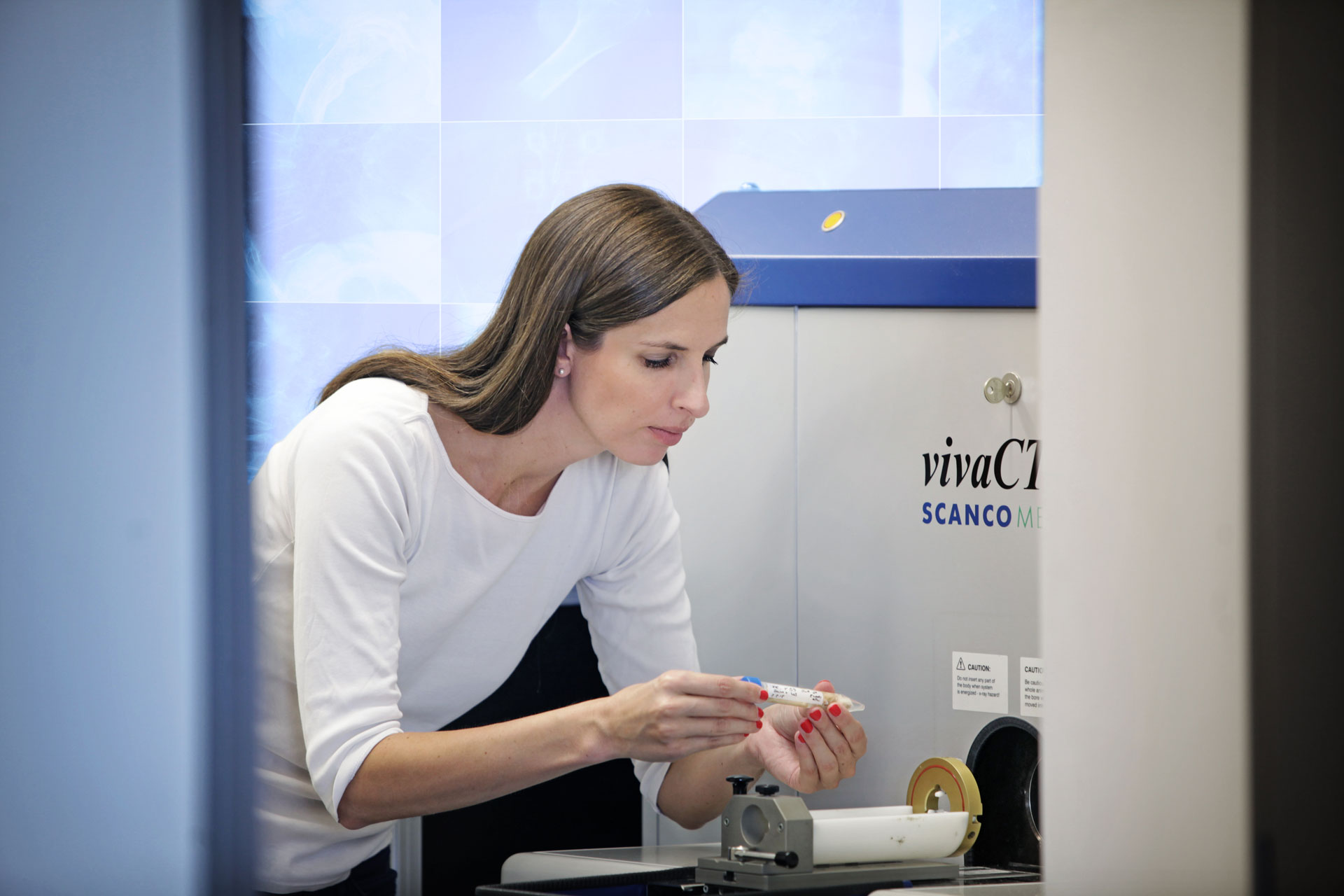Bone Lab Dresden
Maintaining lifelong bone health remains a challenge. Therefore, our team works on several research projects linking bone research with diabetes, hematology, immunology, endocrinology, oncology, and materials science. Through our research, we expect to translate bone discoveries into more effective therapies for patients.
Research Fields
Check out our current and future research fields
Research Blog & News
The launch of the Mac4Me project
Dresden, 19.02.2025

The European doctoral network Mac4Me (Macrophage Targets for Metastatic Treatment) launched with a virtual meeting on February 12th, 2025. Simultaneously, it also launched its digital and social media presence through its website and channels on LinkedIn and BlueSky.
Mac4Me is a 48-month project that addresses both technical and social challenges in cancer metastasis, focusing on three tumor types that show poor response to current immunotherapies: neuroblastoma, breast, and prostate cancer. These reflect the cancer development across a person’s lifetime and share metastatic disease spreading to the brain, bone, and liver.
Working alongside researchers and patients, the network will train 18 Doctoral Candidates to study the tumor microenvironment at metastatic sites, with a particular focus on the macrophage immune cell population. It will combine organ-on-chip technology with microfluidic systems to investigate early cell-cell and cell-matrix interactions during tumor invasion. Mac4Me will move beyond traditional “thinking in boxes” approaches by integrating bioinformatics and Artificial Intelligence solutions with real-world clinical data. The project will maintain a focus on patient experiences and translate scientific advances into meaningful outcomes.
Mac4Me is a Horizon Europe MSCA (Marie Sklodowska-Curie Actions) Doctoral Network. The project is coordinated by Dr. Wytske van Weerden and Dr. Franziska Linke, Department of Urology at the Erasmus University Rotterdam. Prof. Dr. Martina Rauner, Scientific Director of the BoneLab Dresden at the Medical Clinic 3, is in charge of work packages 5 and 8, which are being carried out here at the Medical Faculty of TU Dresden with two international doctoral students. Further partners are the Delft University of Technology; the Erasmus University Rotterdam; GeneVia Technologies; the Oslo University Hospital; PeptimatrixTM; React4Life; the Royal College of Surgeons in Ireland; the Science, Communication and Society Studies Centre at Universitat Pompeu Fabra; the University of Heidelberg; the University of Helsinki; the University of Nottingham; and the University of Bern. An additional 11 associated partners will contribute to the project. These entities represent an international network of universities, companies, patient associations, scientific associations, and a foundation from European countries (Finland, Germany, Ireland, Italy, Norway, The Netherlands, Spain, Switzerland, and United Kingdom) and beyond (Australia, USA). The partnership brings together experts from multiple disciplines, including basic science, biomedical engineering, translational research, social sciences, and computational biology.
The aim of the EU network is to support the best minds in Europe in the various phases of their scientific careers, in addition to providing scientific knowledge. Mac4Me promotes the innovative and structured training of young scientists for up to four years on their way to an independent career.
For more information, visit the website.
For media inquiries, please contact: mac4me@upf.edu.
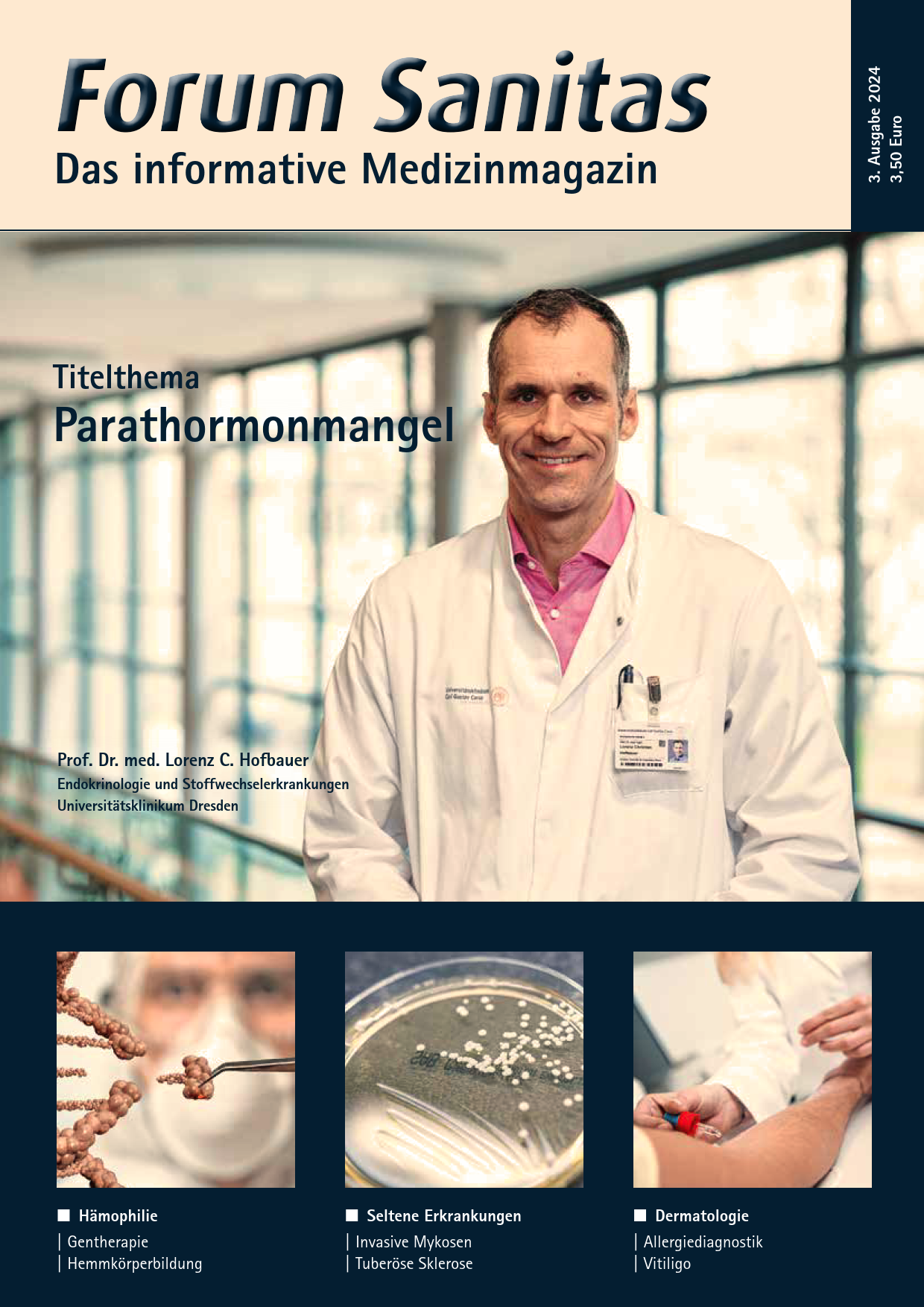
Neue Therapien für PatientInnen mit chronischem Parathormonmangel
Dresden, 16.08.2024
Ein chronischer Parathormonmangel (Hypoparathyreoidismus) ist in den meisten Fällen Folge einer Operation an der Schilddrüse, bei der die Nebenschilddrüsen entweder entfernt, oder irreversibel zerstört wurden.
Unbehandelt oder konventionell therapiert schädigt er langfristig das Nieren- und Gefäßsystem, kann zu Herzrhythmusstörungen und Krampfanfällen führen und auch neuropsychiatrische Symptome, wie Depression, Gedächtnis- und Angststörungen auslösen. Da Schilddrüsenerkrankungen häufiger bei Frauen, als bei Männern auftreten, werden etwa 76 % aller Fälle eines chronischen Hypoparathyreoidismus bei Frauen diagnostiziert.
Bis vor kurzem war die Therapie des Hypoparathyreoidismus eine der letzten endokrinen Erkrankungen, bei der nicht das fehlende Hormon ersetzt wurde, sondern durch Gabe von Vitamin D, Vitamin D-Analoga und Kalziumpräparaten versucht wurde, die Elektrolytstörungen (Kalziummangel und Phosphatüberschuss) auszugleichen. Die PatientInnen mussten eine Vielzahl an Tabletten einnehmen, die jedoch häufig schlecht vertragen wurden und früher oder später zu einem Absetzen der Therapie führten.
Einen vielversprechenden neuen Therapieansatz bietet das PTH-Analogon Palopegteriparatid, welches im Rahmen der PaTHway Phase-3-Studie auf seine Wirksamkeit, Sicherheit und Verträglichkeit untersucht wurde.
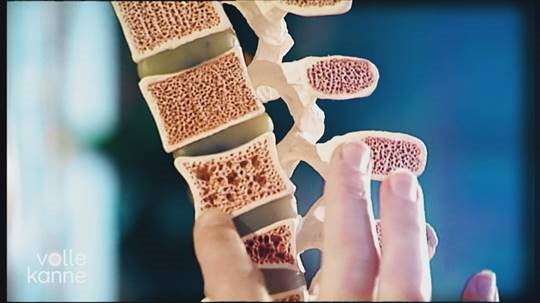
Volkskrankheit Osteoporose – so bleiben auch im Alter die Knochen stark
Dresden, 24.10.2023
Prof. Lorenz Hofbauer, Leiter des Bone Labs in Dresden, informierte am 20.10.2023, dem „Welt-Osteoporose-Tag“, über die Diagnose und Therapie der Osteoporose im ZDF-Magazin „Volle Kanne – Service täglich“. Neben den Risikofaktoren geht er auch auf die Entstehung und Behandlung ein. In vielen Fällen lässt sich durch Bewegung und Ernährung eine Verbesserung der Situation erreichen. Osteoporose sollte daher auch schon für jüngere Menschen ein Thema sein. Das ganze Interview und weitere Informationen hier: https://www.zdf.de/nachrichten/panorama/osteoporose-symptome-vorbeugung-100.html#xtor=CS5-95
Contact
Bone Lab Dresden
Medizinische Klinik und Poliklinik III
Universitätsklinikum Carl Gustav Carus Dresden
Phone: +49 (0)351 458-3173
eMail: info@bone-lab.de
Fetscherstraße 74 · 01307 Dresden · Germany


